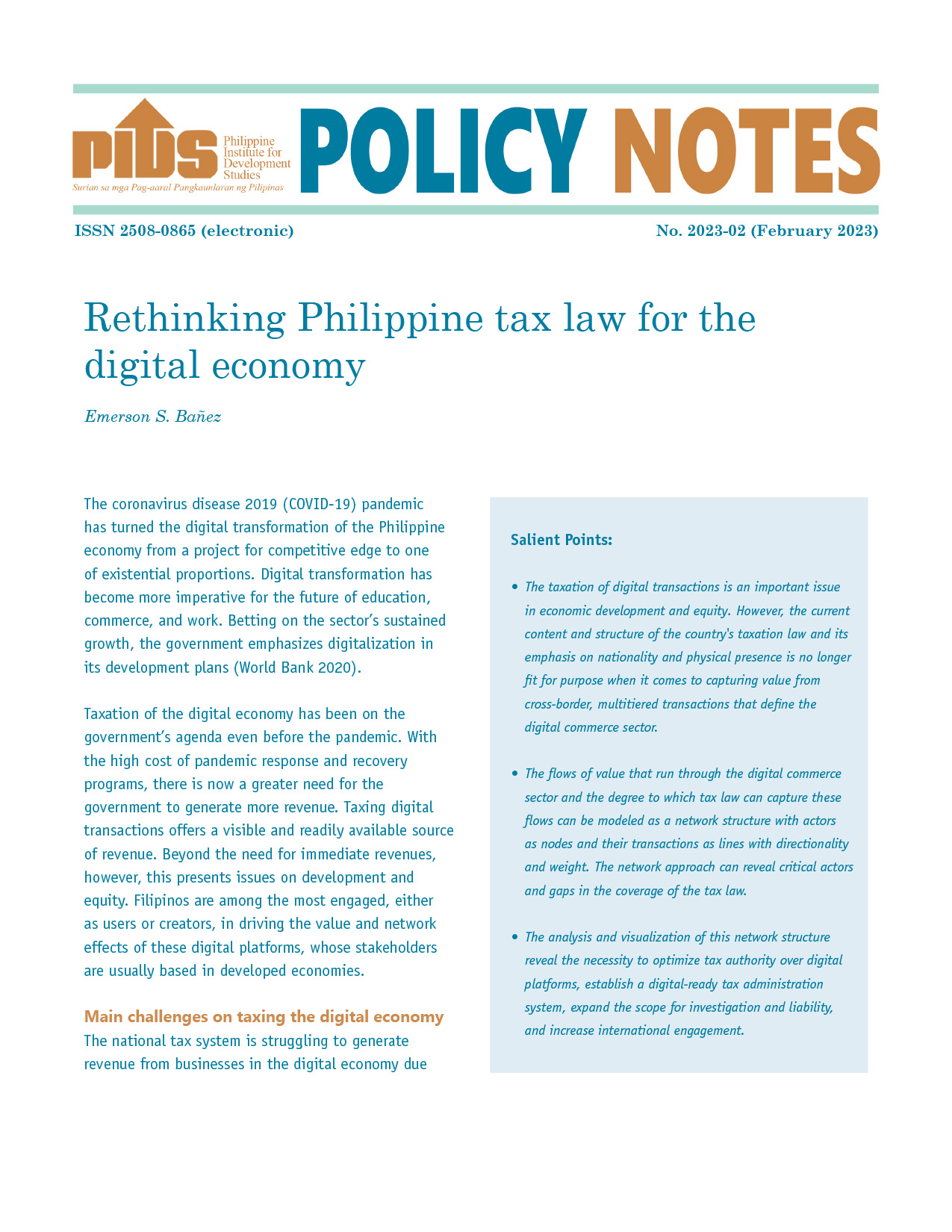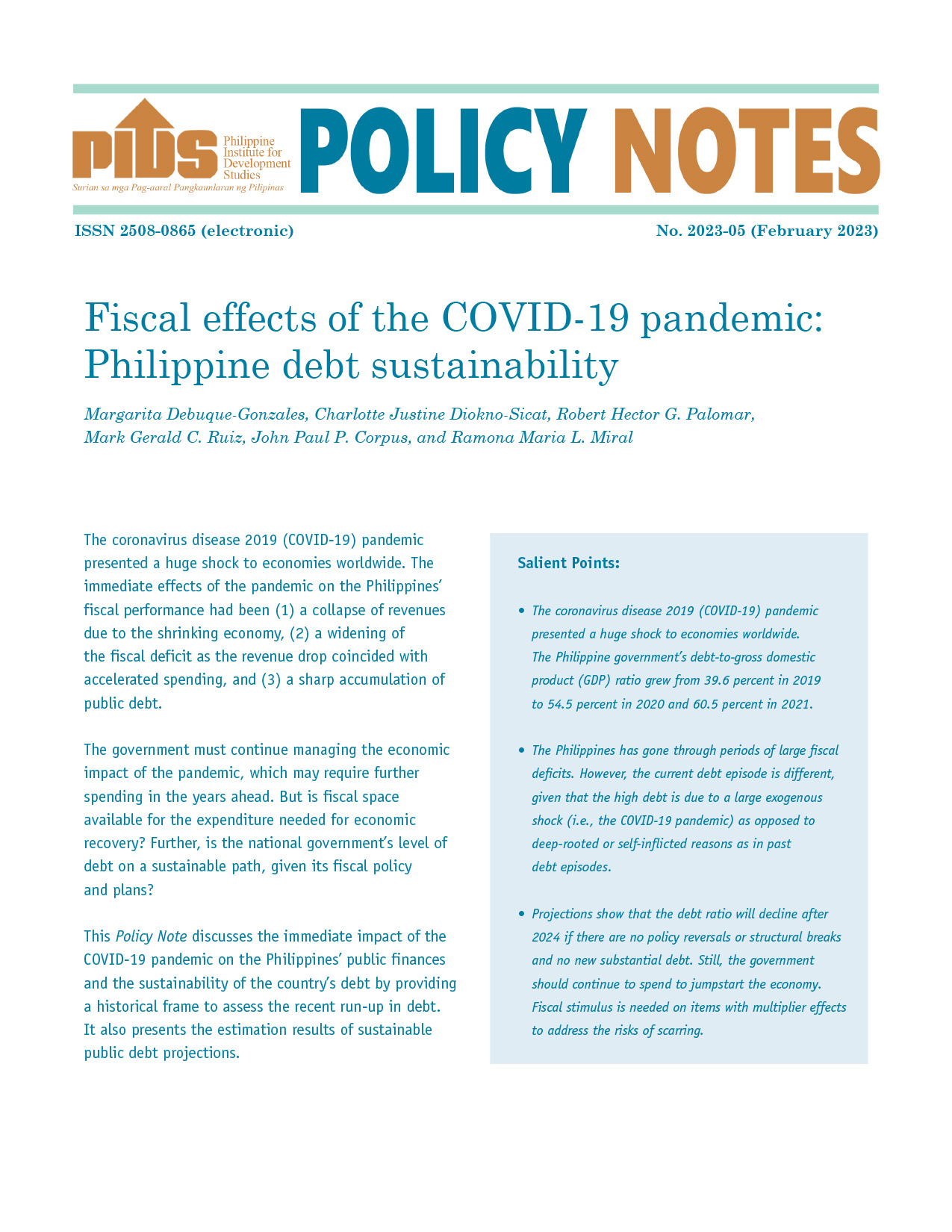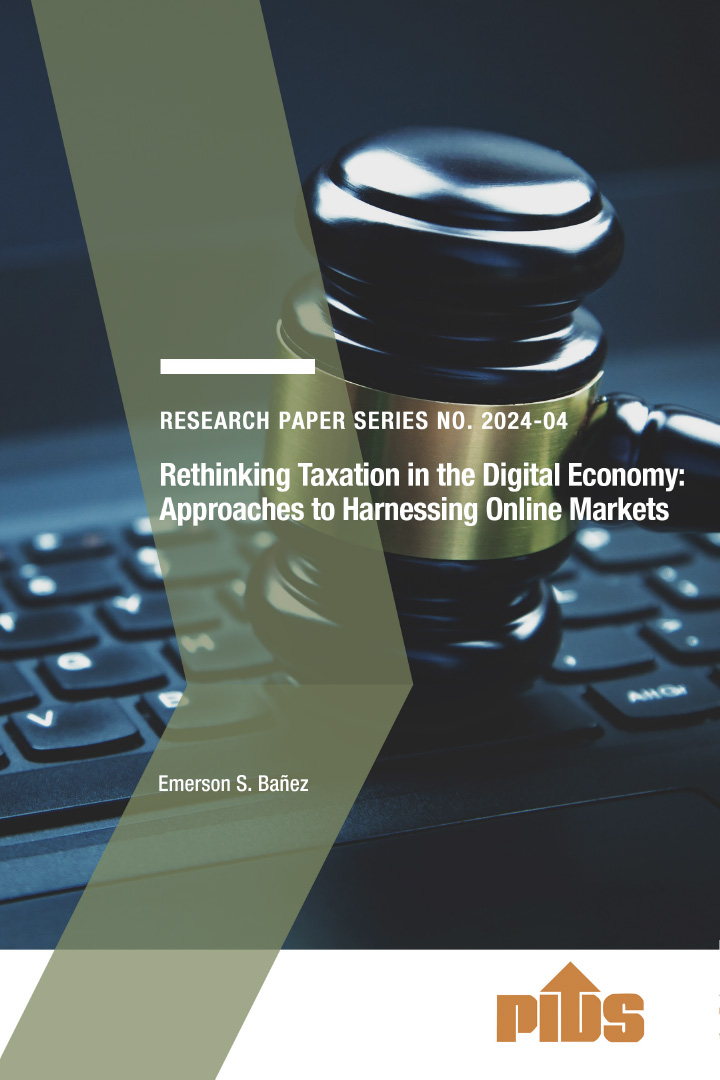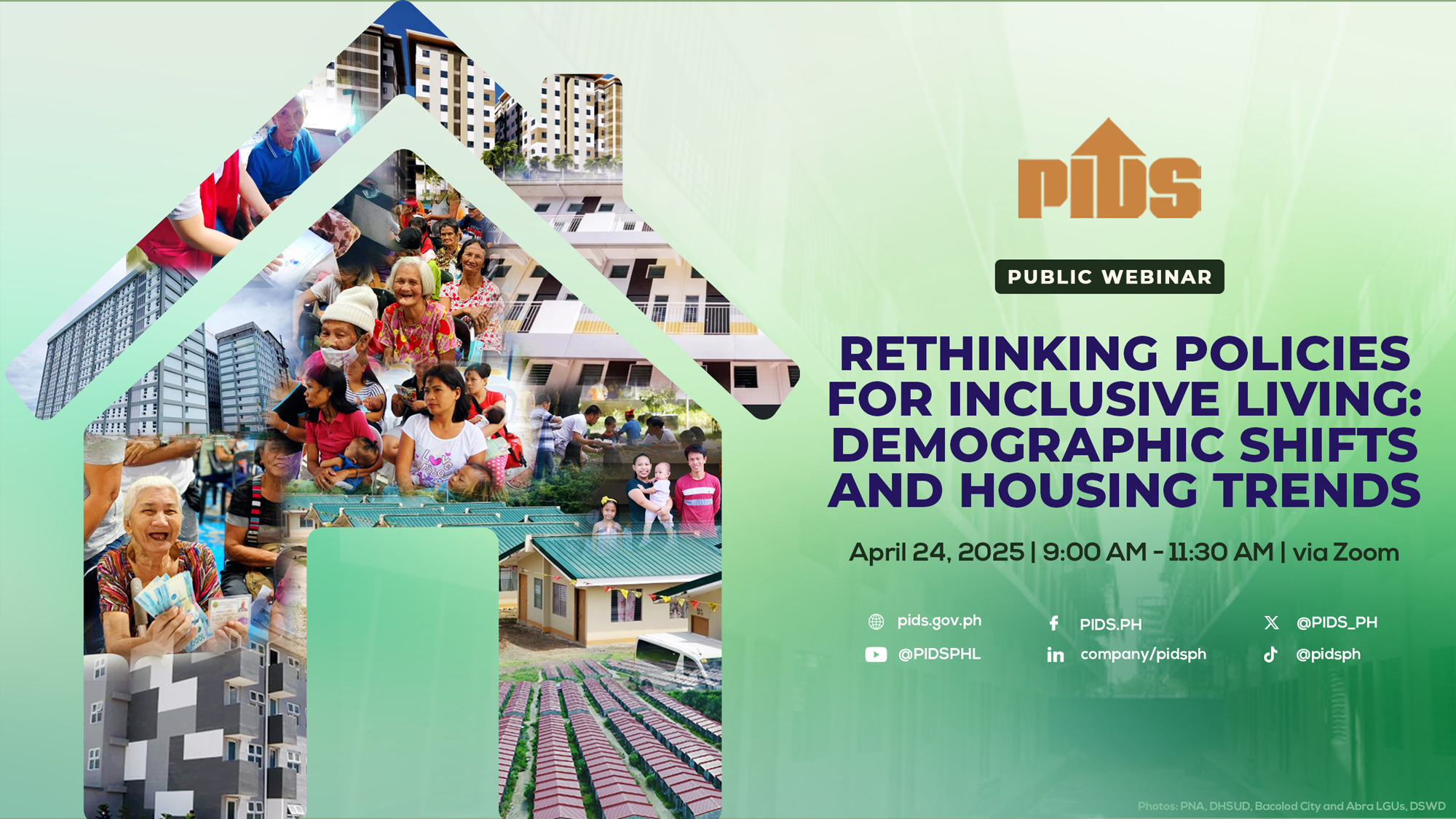Sharing bits of knowledge, scholars and the public partake in the virtual policy forum entitled “Toward an Inclusive Economic Recovery and Development in the Asia-Pacific Region and Ensuring Fiscal Sustainability for the Philippines” last June 14, 2022.
This is the second in a series of webinars organized by the Philippine Institute for Development Studies (PIDS) for the month and this time, they partnered with the United Nations Economic and Social Commission for Asia and the Pacific (UNESCAP).
It features topics such as the Economic and Social Survey of Asia and the Pacific 2022 by UNESCAP and a PIDS research examining the sustainability of the country’s current debt level.
“The rapid development of Asia-Pacific economies over the past decades has put millions of people out of poverty. However, the economic successes have not been equal across various levels. The failure of individual countries and areas to grow together led to scarring effects especially during the pandemic which brings the issue of inequality to the fore,” Dr. Aniceto Orbeta Jr., PIDS President said.
Mr. Michal Podolski, Economic Affairs Officer at UNESCAP discussed their recent survey that focused on long-term trends and relevant data pertaining to the issues of inequality and crisis management initiatives of countries in the region amid the current pandemic and economic or political shocks.
“The scars on macroeconomic stability will be very permanent and still rising. Which means that if we think about the policies which would decrease inequalities, we should think of how to decrease them in the long term because it won’t be easy to recover from what is happening,” he said.
Podolski also emphasized the need for inclusivity in economic policies, focusing on efficiency and impact, expanding domestic revenues, empowering the labor force, and redesigning monetary strategies through digitalization and innovation.
Meanwhile, researchers from PIDS presented their assessment on the Philippines’ public debt sustainability.
“Historically, the country’s debt tended to climb with every recession, but government eventually managed to generate primary surpluses and fiscally consolidate, albeit with a lag,” Dr. Margarita Debuque-Gonzales, Senior Research Fellow at PIDS said.
“From fiscal gap analysis, it’s not feasible to immediately aim for low debt. But it is important to have a sound medium to long term fiscal consolidation plan,” Gonzales also stated.
The researchers recommend avoiding structural breaks like fiscal policy reversals and weakening of fiscal institutions, spending should be well targeted and efficiently allocated, and to rebuild fiscal space and maintain macroeconomic stability.
The presentations were then followed by a discussion together with executives from the Bangko Sentral ng Pilipinas (BSP) and Department of Finance. Questions from the audience was also answered at the open forum.












